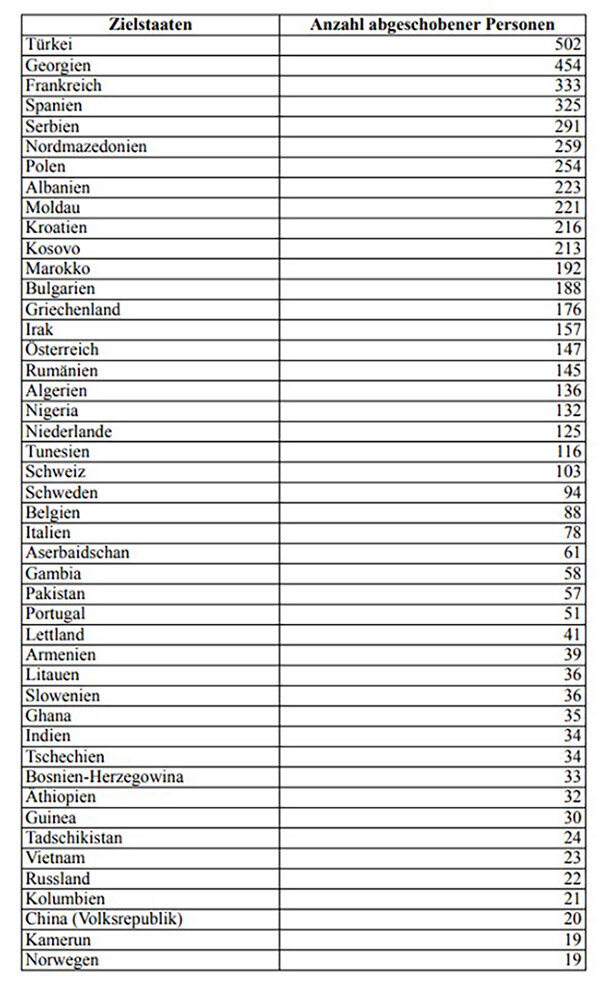Asylum in Germany: 94% of Russian Draft Evaders Rejected, Deportations on the Rise

From January 2022 to April 2025, a total of 6,374 Russian men aged 18 to 45 applied for asylum in Germany. According to Morgenpost, only 349 of them were granted protection. Deportation cases are increasing, and most applicants are being sent to third countries.
Rejection Rate and Political Criticism
Over 94% of applications were either rejected or not admitted under the Dublin Regulation, which assigns responsibility for processing asylum claims to the first EU country entered.
The figures were revealed in response to a parliamentary request by Left Party MP Clara Bünger. She criticized the gap between the official promises made by former Chancellor Olaf Scholz in 2022—who pledged support for Russian draft evaders—and the practical outcome. Bünger called the results "shameful" and accused the government of "failing even remotely to fulfill its commitment."
According to refugee rights NGO Pro Asyl, only those who had already been drafted and deserted have a realistic chance of receiving asylum. Men trying to avoid future conscription face significantly harsher treatment.
Court Rulings and Precedents
A landmark ruling by the Berlin-Brandenburg Higher Administrative Court in August 2024 intensified the legal barriers. The court found that conscripts in Russia typically serve in border regions, including Crimea, and that conscription alone does not justify protection under asylum law. This ruling has since been cited by other courts, such as the administrative court of Halle.
Lawyer Artem Klyga from the NGO “Conscientious Objectors Movement” warned that courts often rely on outdated information and disregard evidence submitted by NGOs and the UN. He also noted that after a Ukrainian raid into Russia’s Kursk region in August 2024, young conscripts were reportedly deployed there.
Deportations on the Rise
Germany has significantly increased deportations in recent years. In the first eight months of 2024, 32 Russian nationals were deported—four times the total for all of 2023. Deportations are conducted via third countries, most often through Belgrade and Istanbul, despite the absence of direct flights to Russia.
The Bundestag report in response to Bünger’s request lists a sharp rise in overall deportations—from fewer than 13,000 in 2022 to 16,430 in 2023, and over 20,000 in 2024. Top destinations included Georgia, North Macedonia, Turkey, Albania, and Serbia. Notably, deportations to Turkey rose from 515 in 2022 to 1,087 in 2024. Iraq and Afghanistan were also included—28 deportations to Afghanistan took place despite Taliban rule.
In Q1 2025 alone, 6,151 people were deported. Leading destinations were Turkey (502), Georgia (454), France (333), Spain (325), Serbia (291), Moldova (247), Poland (240), North Macedonia (221), Italy (205), and Albania (203). Twenty-two people were deported to Russia during this period.

Outlook
Despite formal pledges made in 2022, most Russian applicants continue to face rejection in Germany. Legal precedents, stricter controls, and rising deportations suggest that access to protection for those avoiding conscription remains severely limited.
Подсказки: Germany, asylum, deportation, immigration policy, Russia, conscription, human rights, EU regulation, Dublin Agreement, refugee law








